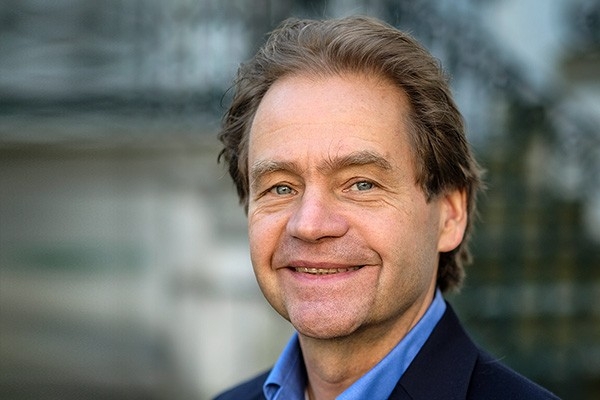Objectives:
Based on identification of phenotypic switching, microcalcification and matrix biomarkers, smart peptide/protein based diagnostics and drugs will be designed and synthesised. The use of chemical synthesis methodology will serve to generate innovative new compounds for the detection and targeting of pathways leading to microcalcification. In addition, the methodology presented in this WP also serves to validate known biomarker tracer (ESR11) that allows the development of compounds that may be amenable to imaging (WP11) and/or intervention. Together this work package aims at the identification and personalised treatment of cardiovascular disease in the vulnerable atherosclerotic plaque.
Methodologies:
1. Markers that are discovered in ESR3 that identify the synthetic or osteochondrogenic VSMC and novel markers regulating microcalcifications that are discovered in ESR5 will be used for chemical synthesis of (modified) peptides.
2. Calcification models serve to validate the peptide tracers in vitro (ESR3, 7, 8) but also to validate in vivo (ESR3, 12). The chemical synthesis methods will lead to novel protein-based contrast agents making use of Gla-domains of Vit K-dependent proteins, and will provide support for the specific objectives in ESR10 and ESR11 to compare to established tracers that detect calcification. The individual projects will focus on aspects of the vulnerable plaque and aim to deliver novel methodology, novel drug targets and potential compounds with translational potential.
3. The best high affinity peptide tracers will be labeled with near infrared dyes and their in vivo biodistribution in mice will be monitored with µCT-FMT. The degree and distribution of calcifications will be determined and quantified at whole animal and organ level using high and ultra high resolution µCT imaging. In addition, ex vivo quantification of tracer accumulation will be performed and data correlated with the amount of calcium.

